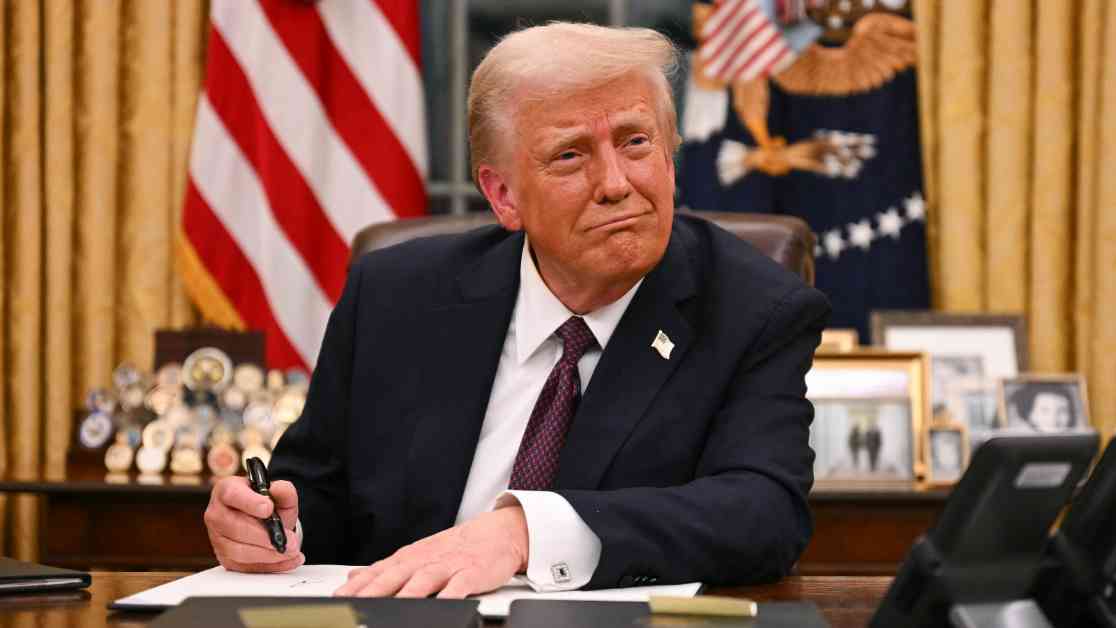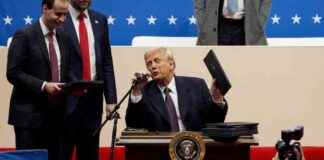Trump Withdraws US from WHO
President Donald Trump’s executive order to withdraw the United States from the World Health Organization (WHO) has sent shockwaves through the global public health community. This decision comes on the heels of a directive to halt federal health agencies’ public communications, raising concerns about the nation’s ability to respond to infectious diseases and emerging health threats.
Global Health in Peril
The withdrawal from WHO isolates the U.S. from critical international partnerships and early warning systems, leaving the country vulnerable to outbreaks and hindering its ability to coordinate with other nations. Climate change is exacerbating health risks by expanding the range of disease-carrying vectors like ticks and mosquitoes, making it crucial for countries to work together to combat these threats.
Jonathan Patz, a renowned global health expert, warns that diseases do not recognize borders, emphasizing the need for a collaborative approach to disease prevention. The repercussions of the U.S. distancing itself from WHO could be dire, as the world grapples with the ongoing COVID-19 pandemic and the looming specter of other infectious diseases.
Consequences of Isolation
The U.S.’s withdrawal from WHO not only severs vital connections with the global health community but also jeopardizes the funding and collaborative research programs that have long been essential in combating public health challenges. The impact of this decision extends beyond financial contributions, affecting the intricate web of relationships and knowledge-sharing that underpins global health security.
Arthur Wyns, a public health expert, underscores the importance of international cooperation in responding to health crises and stresses that the U.S.’s withdrawal could impede efforts to address future pandemics and emerging threats. The disruption in communication and collaboration between federal health agencies and WHO threatens to hinder the sharing of critical information and best practices in disease control and prevention.
Uncertain Future
As the U.S. navigates this tumultuous transition, uncertainty looms over the fate of collaborative research centers, ongoing public health initiatives, and the broader landscape of global health security. The pause in external communications at federal health agencies adds another layer of complexity, raising concerns about the timely dissemination of crucial information to the public.
Richard Besser, a former CDC director, highlights the importance of transparent and timely communication in public health emergencies, underscoring the challenges posed by the current restrictions on information sharing. The road ahead remains uncertain, with implications that stretch far beyond U.S. borders and underscore the interconnected nature of global health challenges.
Looking Ahead
As the U.S. grapples with the fallout of its withdrawal from WHO and the implications for public health preparedness, the need for international collaboration and information sharing has never been more critical. The decision to isolate from global health networks comes at a time when the world faces unprecedented health threats, underscoring the urgency of a unified approach to safeguarding public health.
The impact of this decision will reverberate across borders, affecting not only the U.S. but also countries around the world that rely on international partnerships to combat infectious diseases and emerging health risks. The path forward will require resilience, adaptability, and a renewed commitment to global health security in the face of evolving challenges.
This decision serves as a stark reminder of the interconnected nature of global health and the imperative of solidarity in protecting populations from the growing threats of infectious diseases and climate change. The stakes are high, but the opportunity for collaboration and collective action remains a beacon of hope in an uncertain world.














